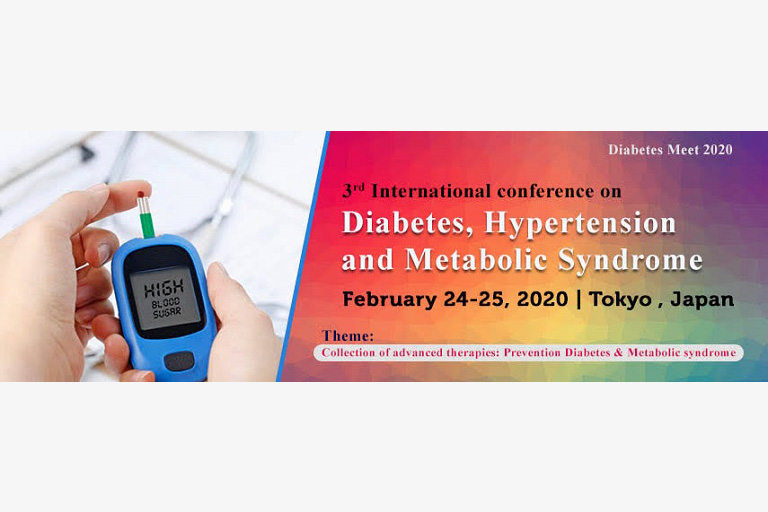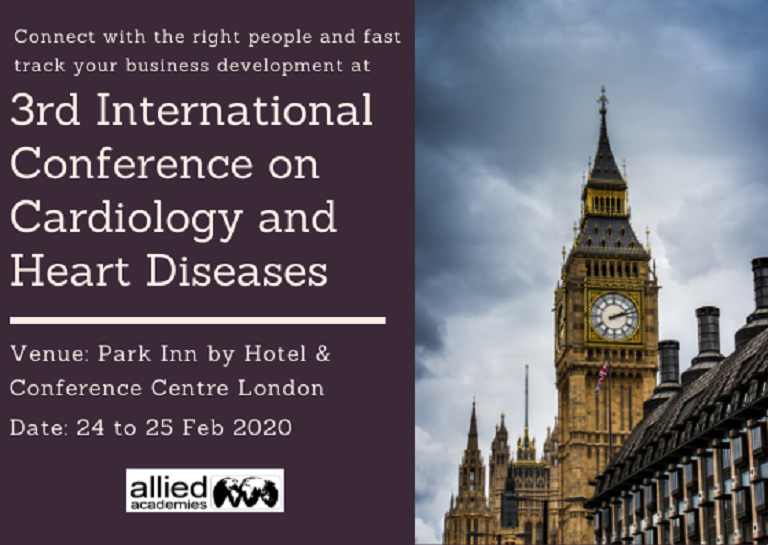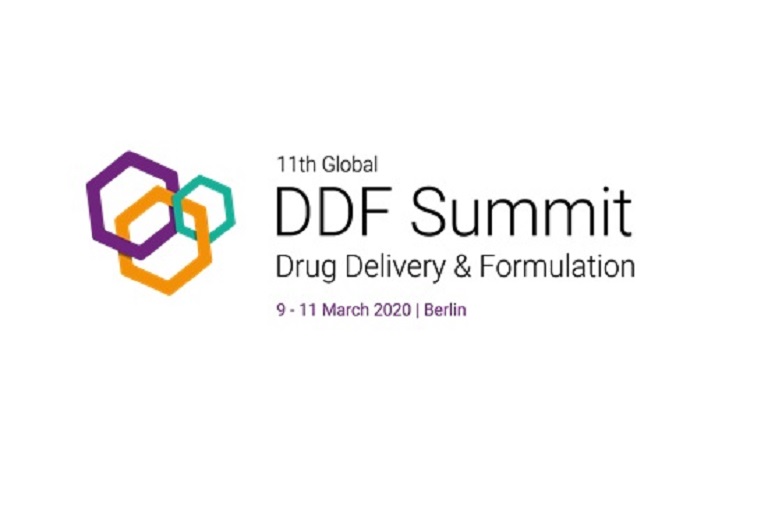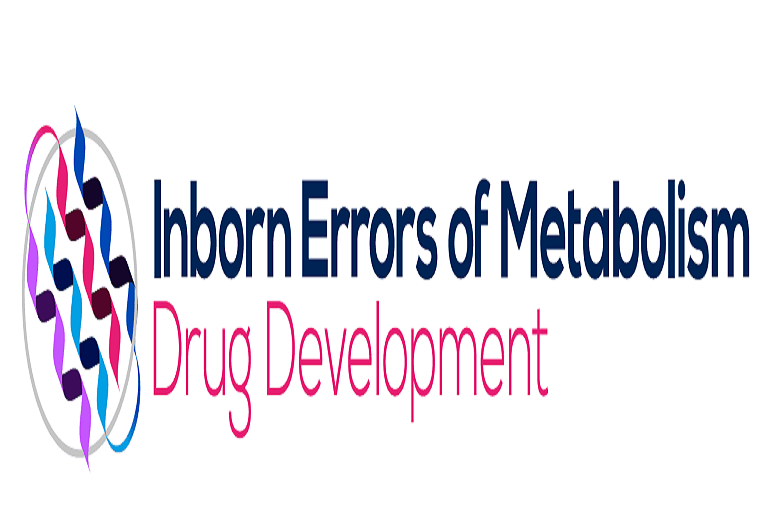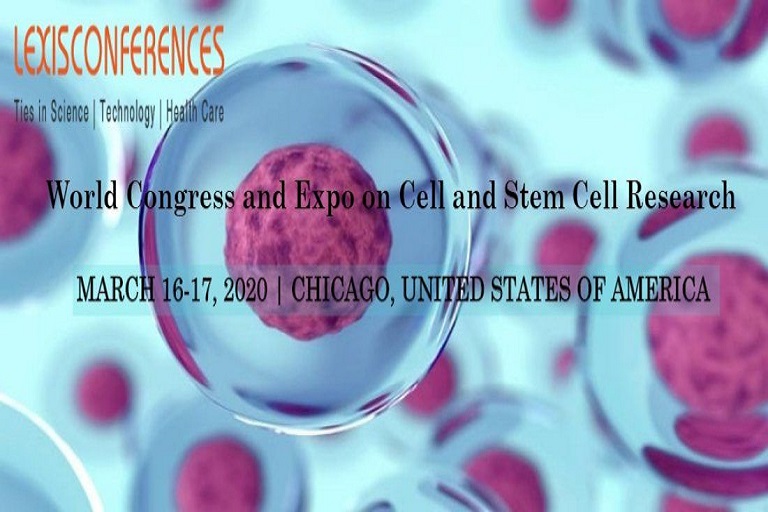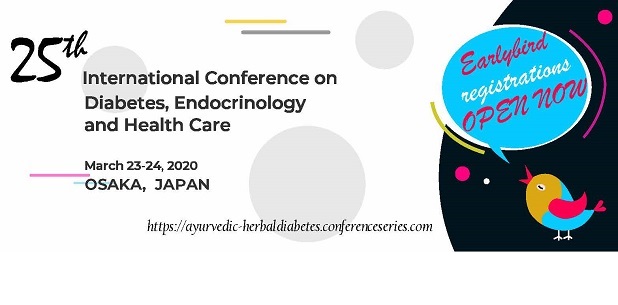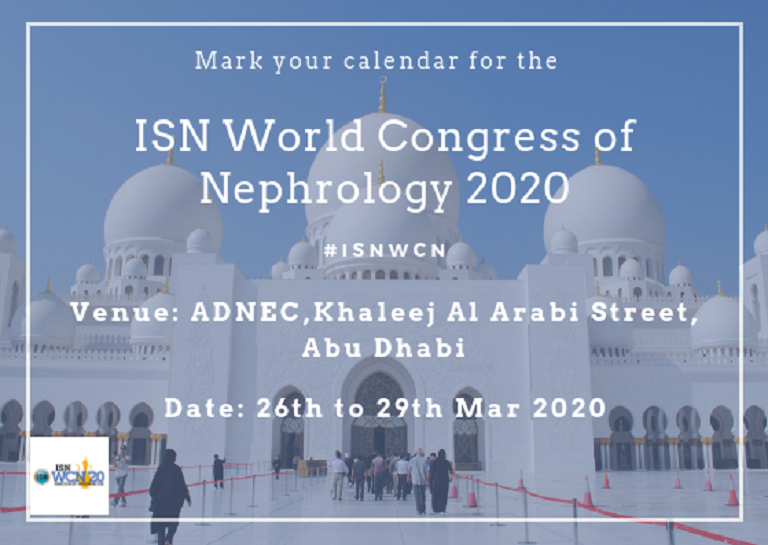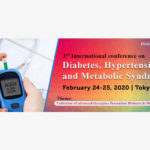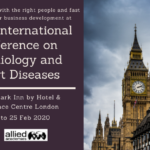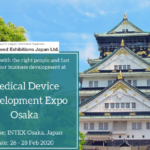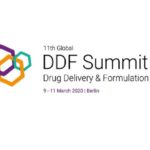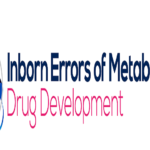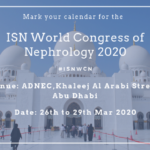An immunotherapy conceived at Stanford appeared safe in an early clinical trial. Half of the participants responded positively to the treatment, aimed at triggering macrophages to engulf cancer cells, the researchers reported.
A novel immunotherapy appears safe for use in patients with a type of blood cancer called non-Hodgkin’s lymphoma, according to a phase-1 multicenter clinical trial led by a researcher at the Stanford University School of Medicine.
Although some patients showed signs of transitory anemia or reactions at the injection site, there were few other significant side effects to the treatment, the researchers said.
The therapy combines an experimental antibody developed by researchers at Stanford and a commercially available anti-cancer antibody called rituximab. The experimental antibody, known as Hu5F9-G4, blocks the protein CD47, a “don’t eat me” signal that inhibits immune attacks on cancer cells. The antibody combination was used to treat people with two types of non-Hodgkin’s lymphoma: diffuse large B-cell lymphoma and follicular lymphoma.
Half of the 22 people enrolled in phase 1 of the trial had a positive response to the therapy, and about one-third went into complete remission from their cancer.
“It was very gratifying to see how the treatment was well-tolerated and showed a clinically meaningful response,” said Ranjana Advani, MD, professor of medicine at Stanford.
A paper describing the results of the phase-1 trial was published Nov. 1 in The New England Journal of Medicine. Advani is the lead author. The senior author is Sonali Smith, MD, a professor of medicine at the University of Chicago.
The trial was funded by Forty Seven Inc., the company that licensed the patent from Stanford to produce Hu5F9-G4, and by the Leukemia and Lymphoma Society.
Silencing ‘don’t eat me’ signal
In 2010, researchers led by Irving Weissman, MD, director of the Stanford Institute for Stem Cell Biology and Regenerative Medicine, showed that nearly all cancer cells cover themselves with a protein known as CD47, which acts as a “don’t eat me” signal to immune cells called macrophages.
Weissman and his colleagues later developed an antibody called Hu5F9-G4 that blocks the CD47 protein, prompting macrophages to engulf and devour cancer cells. Rituximab is an antibody that has been shown to amplify positive “eat me” signals.
The combination of rituximab and Hu5F-G4 has previously been shown to work well in fighting human cancers in animal models, but this is the first published result of a clinical trial of this therapy in humans. The clinical trial builds upon previous studies of CD47 and its role in cancer that were conducted in Weissman’s laboratory and funded by the California Institute of Regenerative Medicine and the Ludwig Institute for Cancer Research.
For this clinical trial, participants were administered a combination of Hu5F-G4 and rituximab at 10 clinical centers. All the patients in the study had failed to respond to or relapsed after at least two previous types of therapy. Hu5F-G4 was administered to the patients at slowly increasing dosages to test for adverse reactions to the antibody.
Of the 22 patients enrolled in the trial, 11 showed a clinically significant reduction in their cancers. In eight of those patients, all signs of cancer were eliminated, Advani said. Three other patients in the trial did not respond to the treatment and died due to disease progression.
Although there are many things that can kill cancer cells, the real test of a therapy is whether it can kill the cancer cells without harming normal cells. Advani said she was particularly pleased that the researchers observed only minor side effects in the participants.
“It’s very exciting to have a potentially new class of immunotherapy like this,” said Advani, who is the Saul A. Rosenberg, MD, Professor of Lymphoma. “For the first time we have an antibody that activates macrophages against cancer and appears to be safe for use in humans.”
Miracle and devastation
Clinical trial participant Michael Stornetta, a retired Santa Rosa businessman who said he had never previously been sick with anything worse than colds, flus and the usual childhood maladies, was hit with follicular lymphoma over five years ago. He said that after attempting multiple therapies with “varying degrees of success,” he was referred to the Hu5F9-G4 trial at Stanford.
In October of 2017, he drove with his wife and son to Stanford to view the first scans that would reveal whether the experimental treatment was working. The scans showed that his cancer was significantly reduced. By strange coincidence, the very day that he learned that the treatment was working, he also learned that his house had burned to the ground in the Sonoma County fires. “It felt like a miracle on one side and devastation on the other,” Stornetta said.
Weissman and Ravindra Majeti, MD, PhD, professor of medicine at Stanford, are co-authors of the paper. Weissman is a founder of Forty Seven, and he and Majeti are board members of the company. Other Stanford-affiliated authors are instructor of medicine Mark Chao, MD, PhD, and clinical research coordinator Thu Tran. Chao is a founder of Forty Seven and its vice president of clinical development.
In addition to being members of Stanford’s stem cell institute, Weissman and Majeti are also members of the Stanford Cancer Institute and of the Stanford Ludwig Center for Cancer Stem Cell Research and Medicine. Advani also is a member of the Stanford Cancer Institute.
Researchers at the City of Hope, Sarah Cannon Research Institute/Tennessee Oncology, the University of Alabama-Birmingham, Washington University in St. Louis, Levine Cancer Institute, the University of Chicago, the National Cancer Institute, the Dana Farber Cancer Institute and the University of Oxford also contributed to the study.
Stanford’s Department of Medicine also supported the work.














